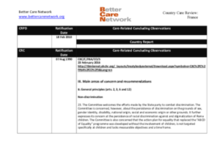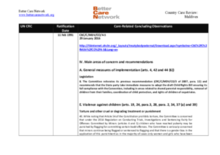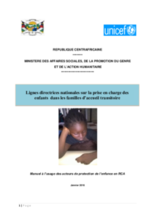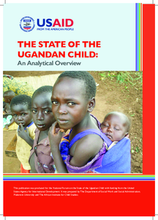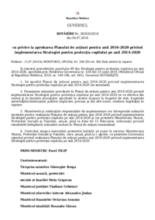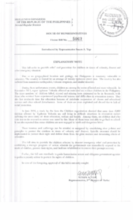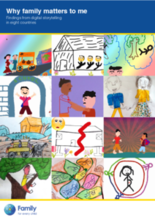Displaying 881 - 890 of 1759
This country care review includes the care-related Concluding Observations adopted by the Committee on the Rights of the Child.
The current study employed interpretative phenomenological analysis to explore 18 in-depth, qualitative interviews from six participants on the meaning and experience of motherhood among teenage mothers in the United States in foster care in the and in the years immediately after ageing out.
This paper builds on a recent evaluation of the piloting of the continental European model of social pedagogy (SP) in English residential care. It does three things: it considers the theoretical social policy literature on policy transfer and its implications; discusses European residential care for children and the discipline of SP; and reflects on these debates and the situation of children's residential care in England.
This country care review includes the care-related Concluding Observations adopted by the Committee on the Rights of the Child.
Le présent document propose la procédure d’identification, de sélection, de formation, de suivi et d’appui aux familles d’accueil temporaire dans la prise en charge des enfants non accompagnés, séparés, enfants associés aux groupes armés, orphelins et autres enfants vulnérables en Centrafrique, aussi bien sur les sites des déplacés que dans les communautés.
The State of the Ugandan Child: An Analytical Overview focuses on four thematic areas, namely: health and nutrition, education, child protection and child participation; with emphasis placed on the girl child.
În temeiul prevederilor punctului 89 din Strategia pentru protecţia copilului pe anii 2014-2020, aprobată prin Hotărîrea Guvernului nr. 434 din 10 iunie 2014 (Monitorul Oficial al Republicii Moldova, 2014, nr. 160-166, art.
President Aquino of the Philippines has recently signed into law the “Children’s Emergency Relief and Protection Act,” an Act which ensures the protection of children “in times of calamity, disaster, and other emergency situations.”
Although not conclusive or exhaustive, this agenda represents a bold attempt to identify and prioritise key areas/research themes stemming from the Situation Analysis (2015) and other available evidence on the status of children in Uganda.
This report examines what family means to children and adults in the following countries: Brazil, India, Guyana, South Africa, Egypt, Mexico, Russia, Kenya. The storytellers use evidence from 59 short films made using digital storytelling technique.

